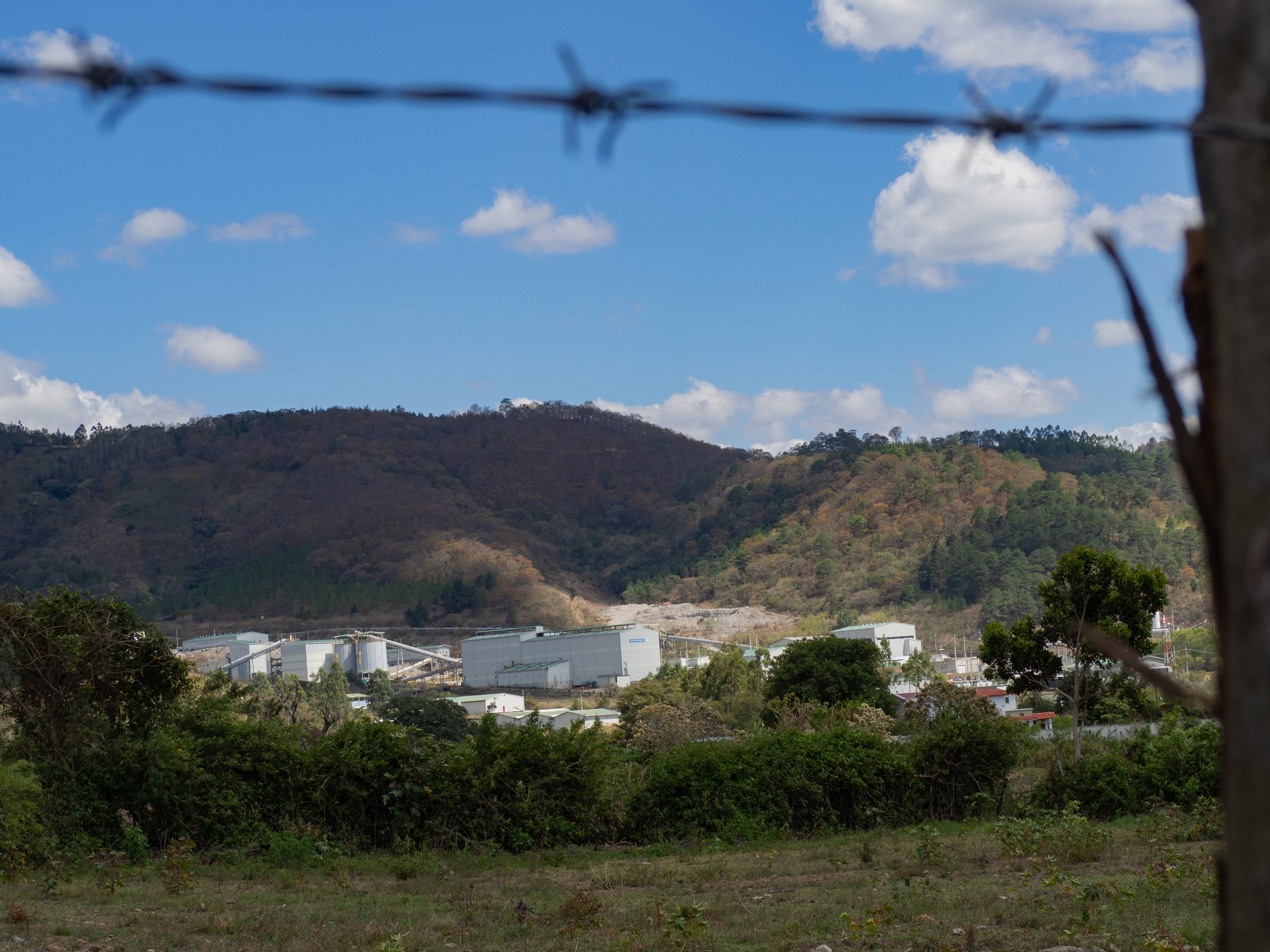In the Guatemalan town of San Rafael las Flores, anti-mine activists are waging—and winning—a battle for rights, health, and the environment. It’s dangerous work.
The Xinka people, it seems, are not for sale. Dirty tricks, violence, payoffs, and political skullduggery have not been enough to convince them that the silver mine in their territory was ever a good idea. Slick communications about the company’s commitment to protecting rights and the environment were lost on those who suffered arrests, beatings, and worse, and whose water has been contaminated with heavy metals. They stopped the mine in its tracks.
The opponents of the mine are farmers and coffee growers, young people and elders, women and men, advocates and street protesters who together created a force to be reckoned with: La Resistencia. After years of putting their bodies—even their lives—on the line, in 2017 they scored a victory: the country’s Constitutional Court suspended the company’s license to operate for lack of proper consultation with the Indigenous communities that live here.
As the belated consultation takes its course, the streets are quiet, but memories of past violence are fresh.
Progress and peril
To ensure that there are no violations of the court order—to ensure that the company doesn’t secretly try to restart operations, in other words—members of La Resistencia have set up two roadside encampments; from there, they monitor all the fuel and cement that makes its way to the mine.
One night a group of men in anti-riot gear arrived in a pickup truck and beat up the activists on watch.
Marisol Guerra was there at the time, and she suffered injuries.
If you imagine that activists fighting these battles are a bunch of guys who like to shout and scuffle, think again. Guerra is modest and kind, and once upon a time she was quiet. At the start of the movement, she was afraid to speak up in meetings, but the rough-and-tumble of the last few years have altered that. Now she is a recognized leader, and a representative of her community in the consultation process. “It fills me with pride,” she says, “that not only I but other women, too, have found our voices.”
But, she explains, “for exercising our fundamental democratic rights we are faced with persecution, criminalization, and death threats.”
And the activists know they’re sometimes being watched. Much as Guerra would like to dismiss such threatening behavior as mere bullying, activists have been killed here by pro-mine forces, so she has to take it seriously.

Oxfam: companies must defend the defenders
La Resistencia is not alone. Oil and mining companies are notorious for abusing their citizen opponents.
“By employing subcontractors, they can obscure their roles in intimidating or even terrorizing citizens,” says Oxfam human rights adviser Caroline Brodeur.
It gets worse: the human rights organization Front Line Defenders calculated that in 2022, 401 environmental and human rights defenders around the world were murdered.
Oxfam has for years pressured private-sector companies to take seriously the principle of free, prior, and informed consent before launching projects that could do damage to their host communities. Now, the agency is putting special focus on protecting the activists fighting to defend rights and the environment across the globe. (For more information, read the briefing paper “Threats to Human Rights Defenders" and blog "Members of Congress call for stronger protection for rights defenders.")
Oxfam is also supporting the Xinka Parliament, an Indigenous organization taking a central role in the consultation process, to advocate with policy makers in the US. The Parliament recently won the RFK Human Rights Award for its defense of Xinka land, rights, and culture.
So here I am
La Resistencia is leaner than it was at the very start; intimidation efforts have in some cases been effective. But for the stalwart members of the opposition, the more outrageous the tactics of the pro-mining forces, the stronger and more confident they feel. Guerra is a good example. “The attack was very scary but now I think, ‘they beat me but didn’t take my life. So here I am.’” She laughs, but then she sobers. “I will defend our territory all the way, even if it costs my life.”
“Marisol is brave,” says a farmer at the encampment. “She is our heroine.”
But Guerra sees the heroism not so much in individuals as in the movement itself. “I’m proud to be part of a group that through our voices and actions have managed to stop a mining company,” she says. “The next generation will need to continue this fight.”

